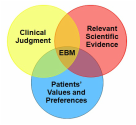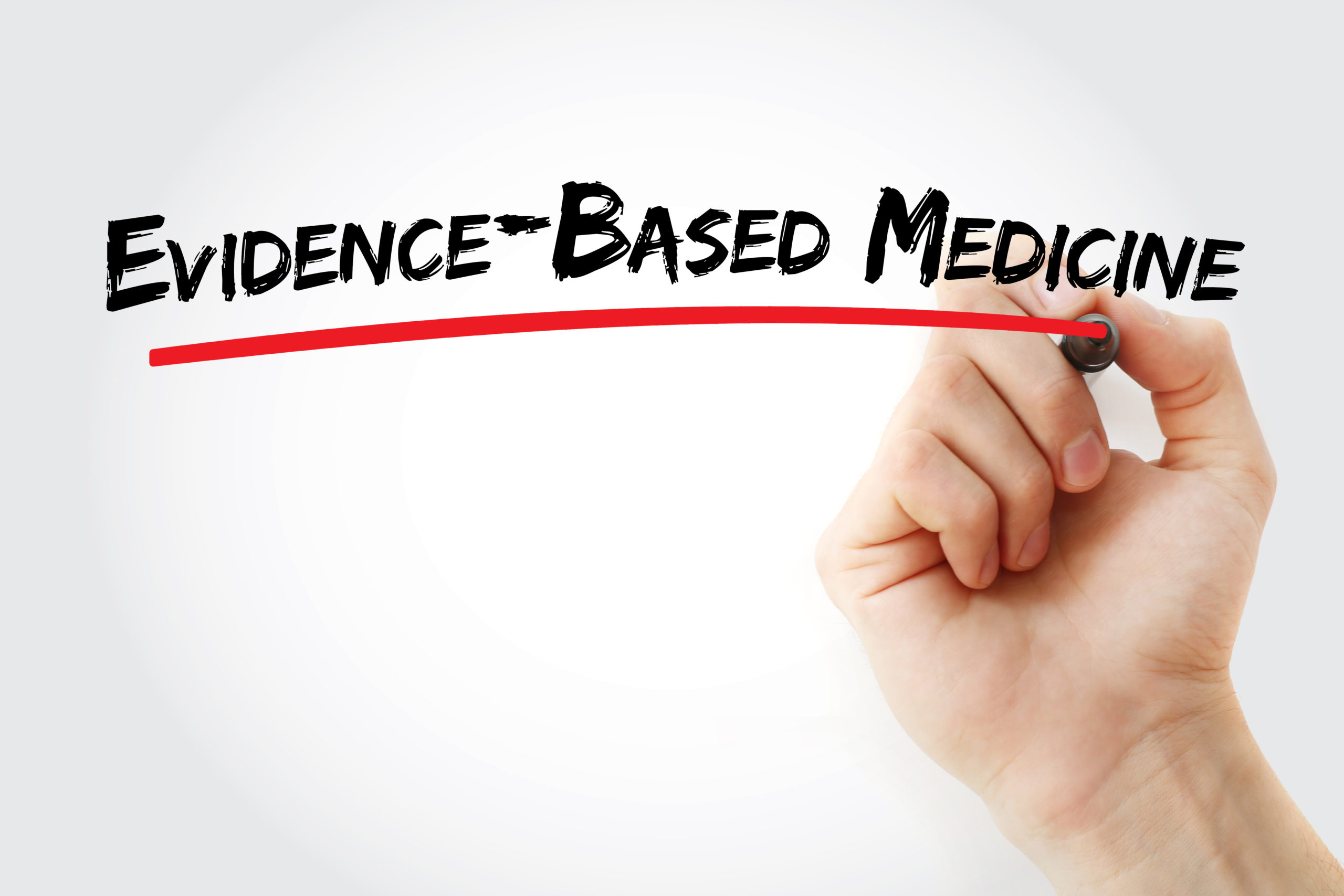
There is undeniably no shortage of information. We’re in an age of information overload and it’s accessible to everyone. Its a wonderful thing if you know how to interpret it, a scary thing if you don’t and a daunting task regardless. In residency we were bombarded with information, some of it was anecdotal (which certainly yields value), but the more you learn the more you question and the more you learn how to ask the right questions. Moreover, we had monthly journal clubs designed to practice just this.
Being a practicing physician is a whole new challenge. You’re out of training and its up to you to make the right decisions. It’s up to you to constantly question the validity of your decisions. The answer today might not be the answer tomorrow because things are moving so fast.
So what exactly is the challenge? The idea that thousands of articles are published daily leaving you to make judgements on them. Do you read every article? Do you read just those published in credible journals? Does an article in a credible journal mean you can blindly accept it? Do Review articles from “experts” suffice? What about the internet? It’s a black box of data, sometimes cited and sometimes not; do we believe it? Should we believe it?
I don’t have the answers. Its an emerging topic that I’ll write more on but suffice to say, staying humble is key. Some of the smartest people are the most soft spoken ones because they appreciate the complexity behind concluding “fact”. Stay critical. Look for reasons why an article might not pertain to you or your patients. They’ll appreciate it. 80% of your time should focus on methodology not the discussion section. If there is no methodology section be extra cautious. ‘A’ doesn’t always transition neatly to ‘B’ and ‘C’. Just because you learned that ATP is energy in introductory biology doesn’t mean eating it will make you run faster or farther. Our bodies are designed to withstand change and they do it remarkably well. Animal studies do not equate to human studies. Bias is your worst enemy and it comes in 100 forms. Look for it and eliminate it. If you don’t know how to do this then humbly exchange the phrase “This causes..” with “This may cause..”.
It’s a fun topic that I intend to apply to sports science, nutritional literature, and evidence based primary care. Comments/recommendations welcomed and appreciated.

